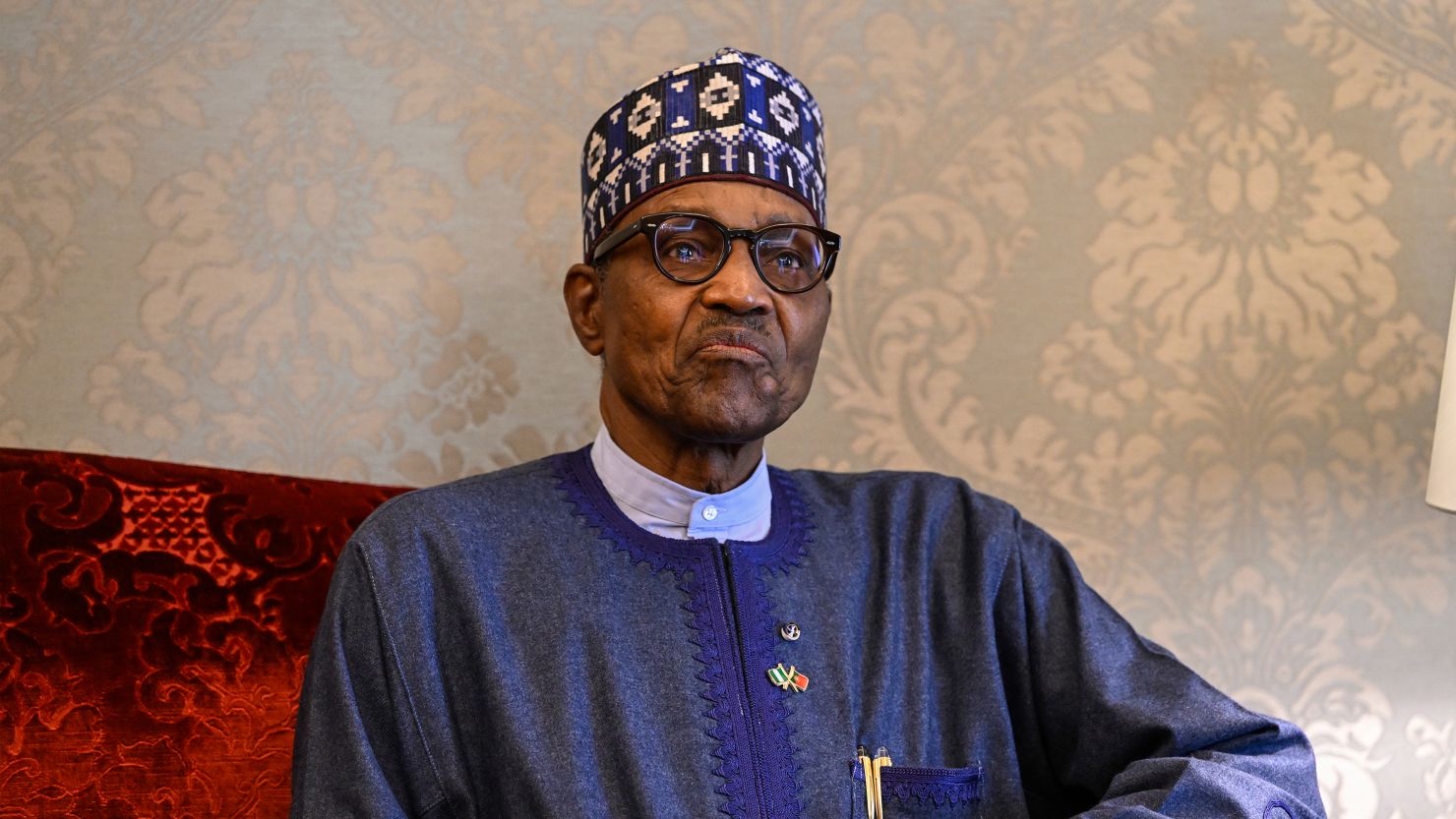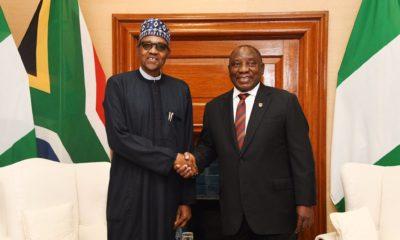Culture Craze
From ‘Baba Go Slow’ to National Enigma: Remembering Muhammadu Buhari

Nigeria’s former president dies in London at 82, leaving behind a legacy of hard truths, broken promises, and a country forever changed
Muhammadu Buhari has died at the age of 82, in a London clinic far from the country he once ruled with both iron discipline and democratic ambition. For Nigerians, it’s a moment of mixed emotions, mourning the man but also wrestling with what he left behind.
To some, he was the incorruptible general who rose from the dusty north to become a reformer. To others, he was a stern-faced symbol of unkept promises, whose rule saw rising poverty and worsening security. Either way, Muhammadu Buhari was never just another president; he was a paradox.
A Soldier-Turned-Politician Who Promised Change
Born in 1942 in the northern town of Daura, Buhari’s early life unfolded under British colonial rule. By the time Nigeria gained independence in 1960, he had already joined the military, a decision that would define most of his life.
In 1983, he seized power in a military coup and spent 20 months as head of state. His rule was remembered for its war on corruption and obsession with national discipline. Civil servants were punished with frog jumps for arriving late, queues at bus stops were enforced by whip-wielding soldiers, and journalists were jailed for stepping out of line.
And yet, when he returned to power in 2015, this time through the ballot box, not a coup, many Nigerians still placed their hope in him.
The Historic Comeback
Buhari’s 2015 election victory was groundbreaking: the first time an opposition candidate unseated an incumbent in Nigeria’s history. Riding on promises to crush corruption, defeat Boko Haram, and revive the economy, his message resonated deeply, especially among the poor in the north, known as the talakawa.
But the optimism didn’t last long.
Global oil prices plummeted soon after he took office, triggering the worst economic crisis Nigeria had seen in decades. Insecurity spiked, with Boko Haram growing stronger despite military campaigns. “Bandits” in the northwest terrorised villages and abducted schoolchildren, while Fulani herders clashed with farmers in the middle belt. Critics accused Buhari, an ethnic Fulani himself, of turning a blind eye.
The Price of Rice and Trust
Perhaps nothing symbolised the public’s growing disillusionment more than rice. Under Buhari’s predecessor, a 50 kg bag of rice cost 7,500 naira. That same bag would later soar past 60,000.
The price hike came after Buhari banned rice imports to boost local farming, echoing a similar policy from his military days. But Nigeria’s farmers couldn’t meet demand, and millions felt the sting of hunger.
In viral street interviews after he left office, when Nigerians were asked what they would remember about Buhari, many simply replied, “Bag of rice.” It became a tragic punchline for a presidency that started with hope and ended with hardship.
Even Buhari’s wife, Aisha, publicly criticised aspects of his leadership, at one point threatening not to support his re-election bid.

Image 1: Fullview
Baba Go Slow and the System That Dragged
Nigerians are masters of satire, and Buhari earned the nickname “Baba Go Slow” after taking six months to name his first cabinet in 2015. He later explained that the system, not he, was slow. “I am going by this system,” he said in 2018, “and I hope we will make it.”
Yet the same system appeared to fail again in 2023, during a highly contentious naira redesign policy, rushed through just before national elections. Old banknotes were suddenly withdrawn without enough new ones in circulation, causing chaos in markets and ATMs. Many believed it was an attempt to sabotage his party’s candidate, Bola Tinubu, who still narrowly won the presidency.
A Legacy of Integrity and Silence
Throughout his political life, Buhari clung tightly to his image as a man of integrity. He was never caught in scandals, never flaunted flashy wealth, and declared modest personal assets. His supporters admired this incorruptibility, even if others questioned the effectiveness of his governance.
Still, there were darker stains. In 2020, soldiers opened fire on peaceful #EndSARS protesters at Lagos’ Lekki tollgate. Under his watch, the military was repeatedly accused of human rights abuses.
And perhaps most notably, Buhari’s mysterious absences from office due to ill health were never properly explained. For a man who championed transparency, his silence on his medical condition often infuriated the public.
The Man Behind the Uniform
Away from politics, Buhari was a father of 10 and married twice. He once described himself as the 23rd child of his father and 13th of his mother, a man shaped by the harshness of boarding school and the rigour of military life.
Despite the controversy that often surrounded him, Buhari’s personal character was rarely questioned. He wasn’t flashy or performative. He rarely smiled in photos. But in a political landscape riddled with corruption, he was, at least in perception, different.
Now, with his passing, Nigerians are left to debate whether Muhammadu Buhari was the strict father figure the country needed or the leader it simply endured.
Either way, he leaves behind a nation still grappling with the change he once promised.
Also read: Barbie Just Got More Real, Thanks to Holly Rey
Follow Joburg ETC on Facebook, Twitter , TikTok and Instagram
For more News in Johannesburg, visit joburgetc.com
Source: BBC
Featured Image: CNN























